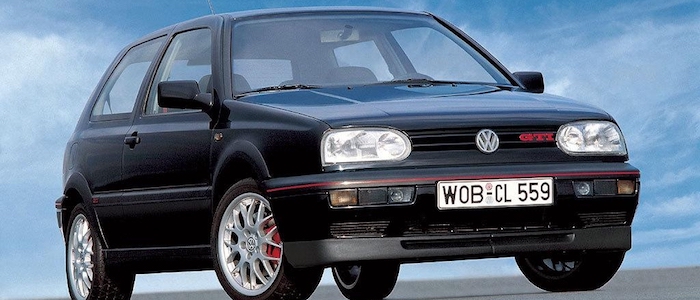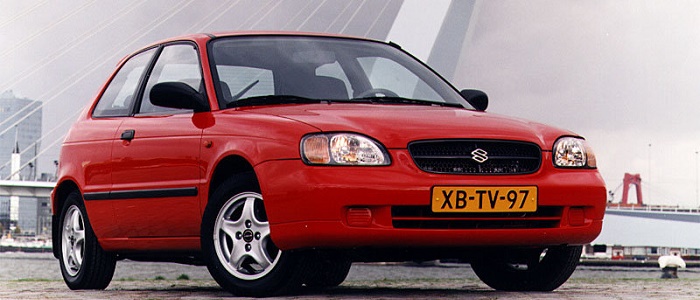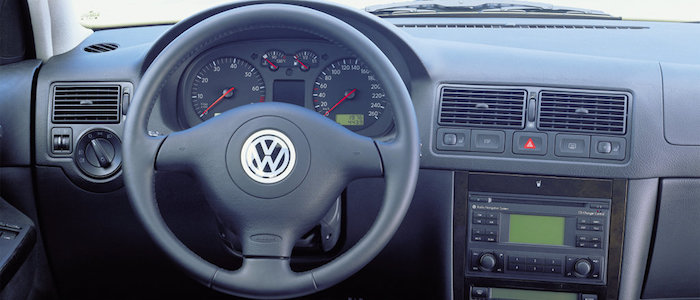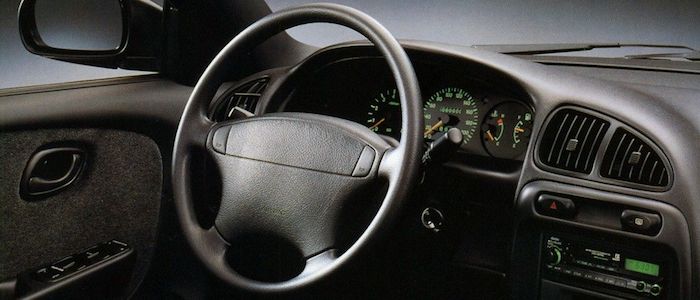Compare two cars
Compare any two cars and get our Virtual Adviser™ opinion
Marketing
Dimensons & Outlines
Engine
Performance (manual gearbox)
Performance (automatic gearbox)
Expenses
Virtual Adviser's™ opinion
Well, these are two pretty similar cars we have here! It's only details that could potentially make the difference. Considering they both belong to the small family car segment and utilize the same 3-door hatchback body style and the front wheel drive system, it all comes up to the specific petrol engine choice they offer. The first one has a Volkswagen-engineered powertrain under the hood, a 4-cylinder, 8-valves 100hp unit, while the other one gets its power and torque from a 4-cylinder, 16-valves 96hp engine designed by Suzuki.
SafetyThe fact that the Suzuki got tested by the European New Car Assessment Programme (Euro NCAP), while the other contender didn't, doesn't actually do much for it, as it's still a lousy 2-star coffin on wheels. That aside, let's consider some other aspects which affect safety. Both vehicles belong to the small family car segment, which is generally classifying them somewhere in the middle safety-wise, but it doesn't do much to help us decide between the two. Furthermore, when it comes to weight, a factor that most people underestimate, the German car offers a considerable difference of 23% more metal.
ReliabilityReliability is not the best thing to consider on the make level, but it is worth mentioning that Suzuki as a brand displays somewhat better results, at least on all of the models level. These are the results of an independent reasearch, while our visitors describe reliability of Volkswagen with an average rating of 4.2, and models under the Suzuki badge with 4.5 out of 5. Independent research findings rank Golf as average reliability-wise, and Baleno is more or less at the same level.That apart, owners of different cars powered by the same engine as the German car rank it on average as 2.0, while the one under the competitor's bonnet gets 4.0 out of 5.
Performance & Fuel economyBoth of the cars accelerate exactly the same, so we couldn't put one above the other. Car No. 1 reaches top speed of 175 kilometers per hour, 13km/h more than the other car. When it comes to fuel economy the winner has to be the Japanese car, averaging around 7.3 liters of fuel per 100 kilometers (39 mpg), in combined cycle. We can't ignore that 16% difference compared to the German car.
Verdict
Suzuki is apparently more reliable, not too much, but just enough. The most important thing when deciding between any two vehicles should always be safety, both passive and active. In my opinion, everything taken into account, the German car offers significantly better overall protection, taking the lead here. When it comes to performance, both vehicles provide similar experience, so I wouldn't point any of them out. the Japanese car , on the other hand, consumps significantly less fuel, and that's a big plus. It's not difficult to say then that if I'd need to make a choice, it would definitely be the Suzuki. In any case that's my personal view, built upon all the data available to me. What should decide here though is the way you feel about the two vehicles, and I hope you'll find my guidelines useful in the process. I suggest you spend two more minutes in order to find out which car, based on your needs and budget, would be picked by the virtual adviser™, out of 12.000+ vehicles we currently have in our database.
































